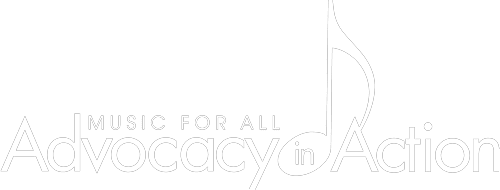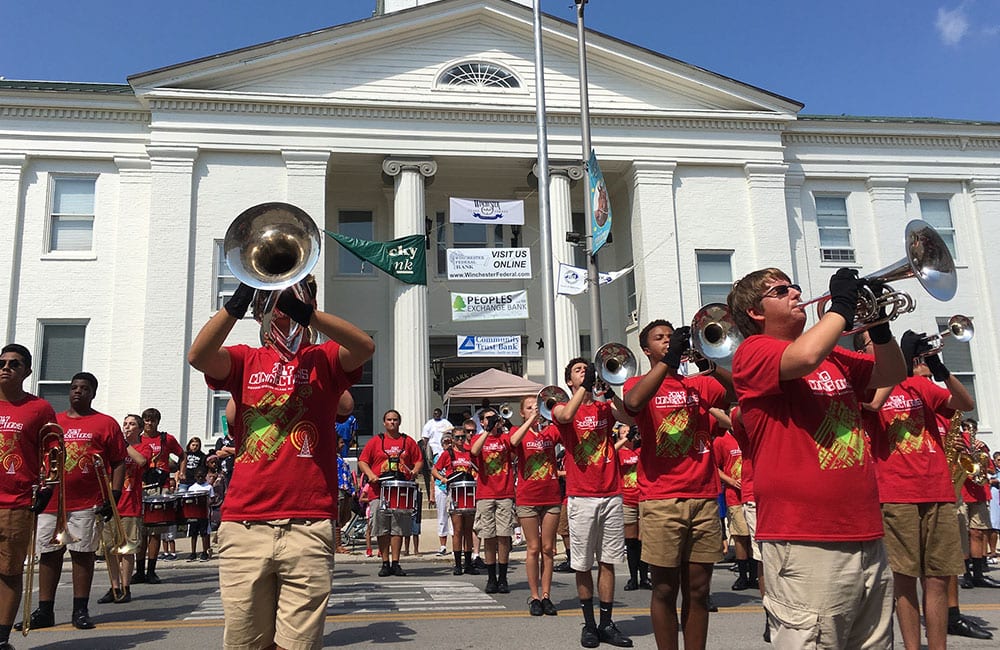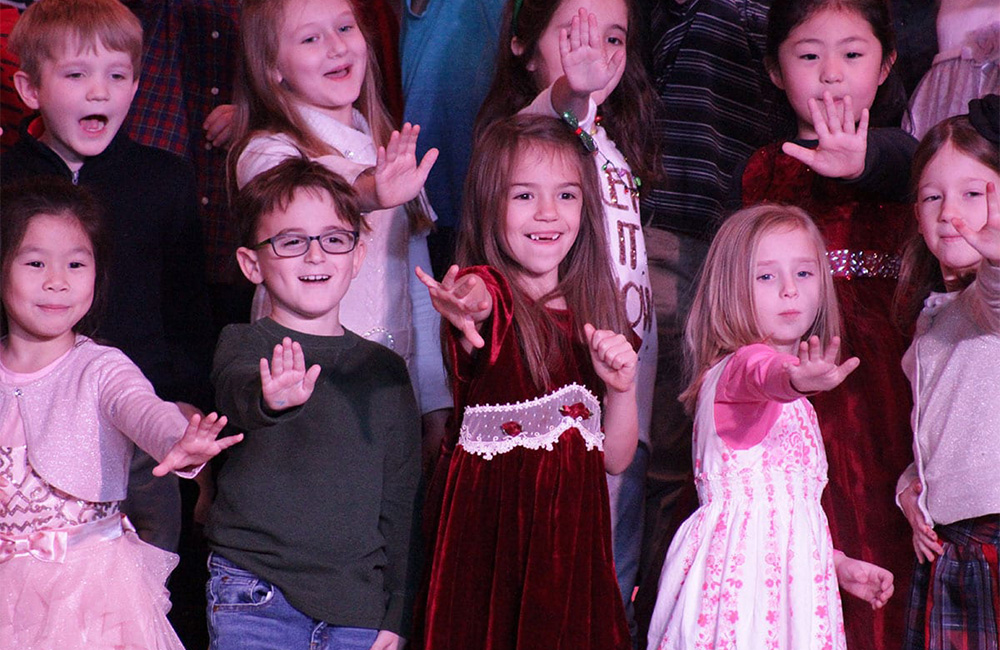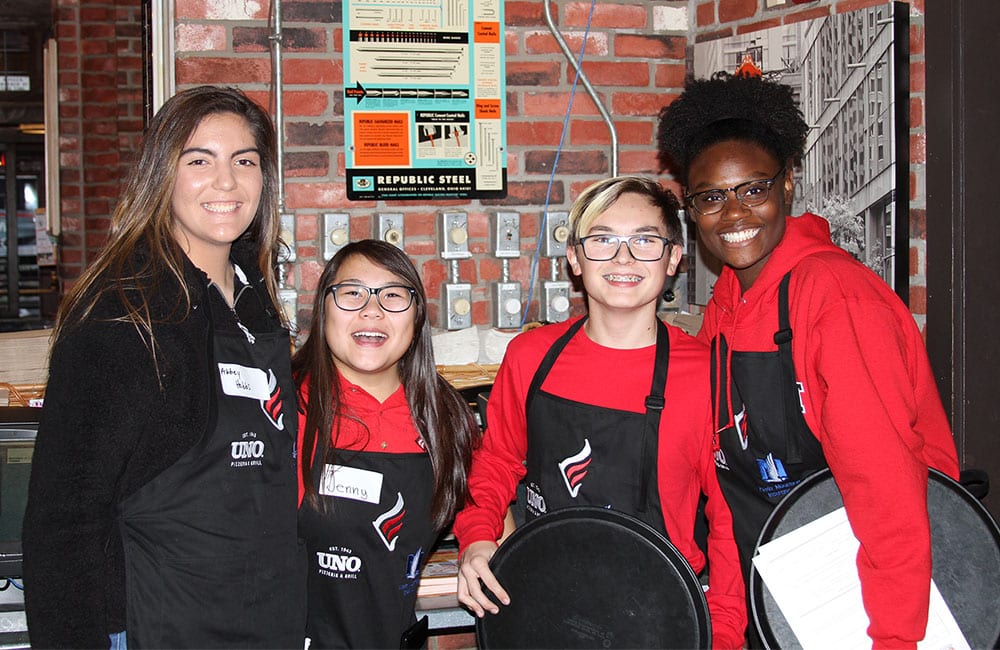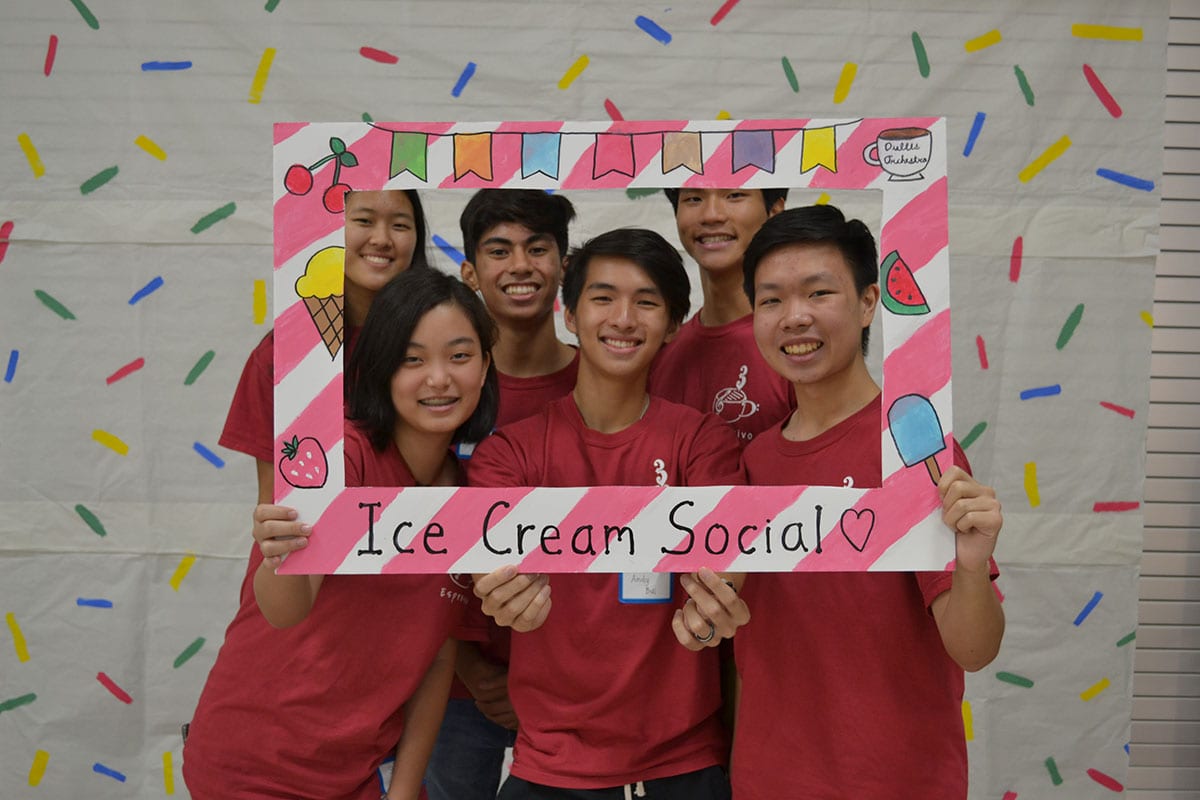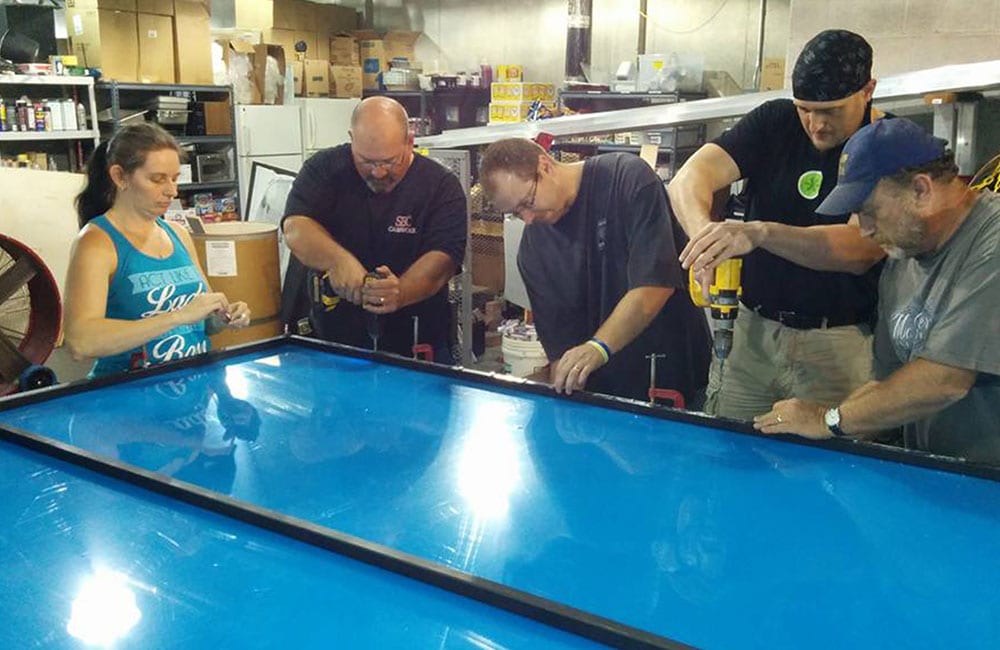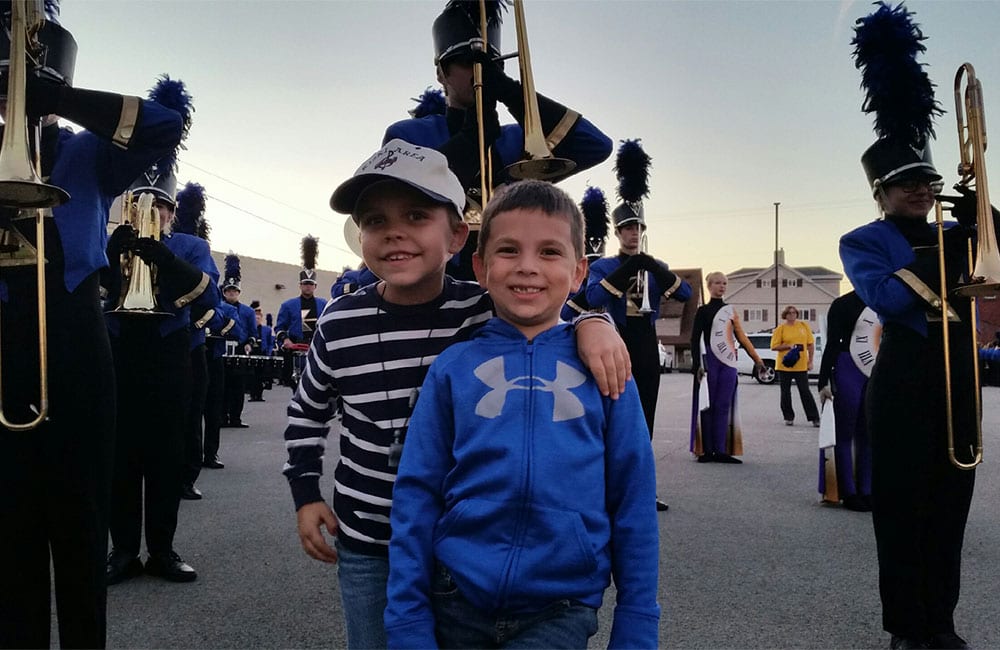Award Categories
Community Involvement
Recognizing non-fundraising-based community involvement.
Music programs are an integral part of their school and local communities. Visibility and engagement within a community are mutually beneficial, developing and strengthening critical relationships while showcasing student achievement. Community involvement leads to an increased understanding of the benefits of music education and encourages support for continued growth and excellence.
Decision-Maker Engagement
Recognizing productive engagement and collaboration with decision-makers.
Understanding how decisions impacting music programs are made and engaging with those involved is essential. Whether in a school building, the local community, or beyond, engagement with school and community leaders, influential stakeholders, and elected officials builds understanding and support for the needs of music programs.
Elementary Excellence
Recognizing exceptional and inspirational strategies and programming in elementary school music programs.
Elementary school music programs provide students with early musical experiences that can inspire a life-long appreciation of the arts. The most successful Elementary music programs inspire the entire school population through a robust curriculum, creative concert programming, and community engagement. Supportive administrators, involved parents, and innovative educators empower the success of Elementary school music programs.
Innovative Fundraising
Recognizing innovative and successful fundraising initiatives.
Fundraising is vital for music programs to provide an outstanding music education and enable the participation of all students. Strategic fundraising initiatives, including individual donations and business sponsorships, provide needed resources beyond what schools and districts fund. Through fundraising, stakeholders recognize the financial needs of music programs and have immediate and meaningful opportunities to lend support.
Marketing and Promotion
Recognizing outstanding strategies for marketing and promotional efforts.
High-quality music programs demonstrate a commitment to increasing the visibility of their program. Advocating through marketing or promotion can happen online, through print materials, and even spirit wear items. The goal in marketing and promoting your program is to establish a presence and positive brand among students, families, and the community.
Parent/Booster Support
Recognizing exceptional volunteer efforts from parents/boosters.
Efficient, organized support from parents/boosters is crucial to the success of music programs and their students. Parents/boosters fill an essential role in day-to-day operations, supporting priorities identified by teachers and helping students. Cultivating a vast parent/booster network demonstrates a commitment to furthering the capabilities of the entire music program.
Student Recruitment, Engagement, and Retention
Recognizing exceptional strategies for student recruitment, retention, and engagement.
Regardless of the age students join a music program at school, recruitment initiatives ensure all students have the opportunity to participate. Many students consider the time spent in music class as the best part of their school day. Retention and engagement efforts aim to support and encourage students while instilling a lifelong appreciation of music.
